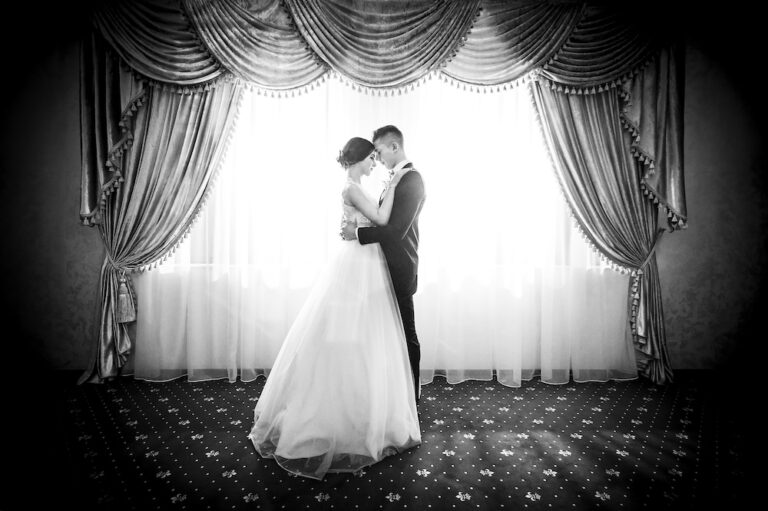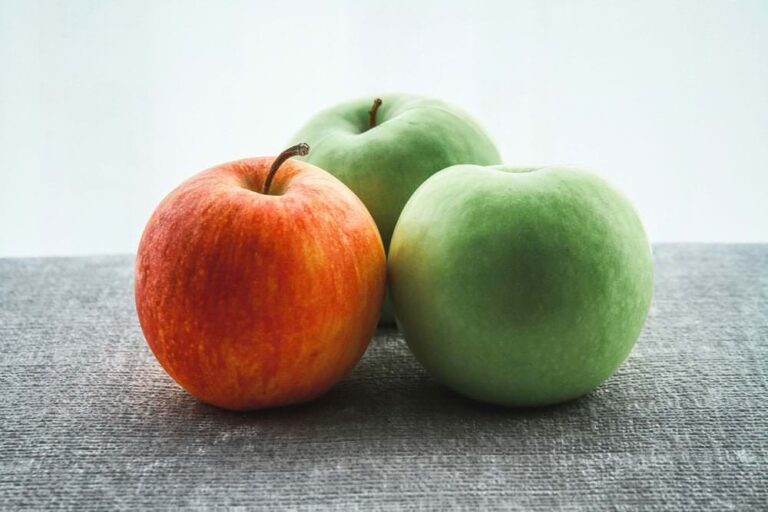lors de
Understanding the French Phrase “lors de” The phrase “lors de” is a formal preposition in French that translates to “during”, “at the time of”, or “on the occasion of” in English. It is often used in written or formal speech to refer to a specific event or moment in time. Unlike “pendant”, which can imply…









